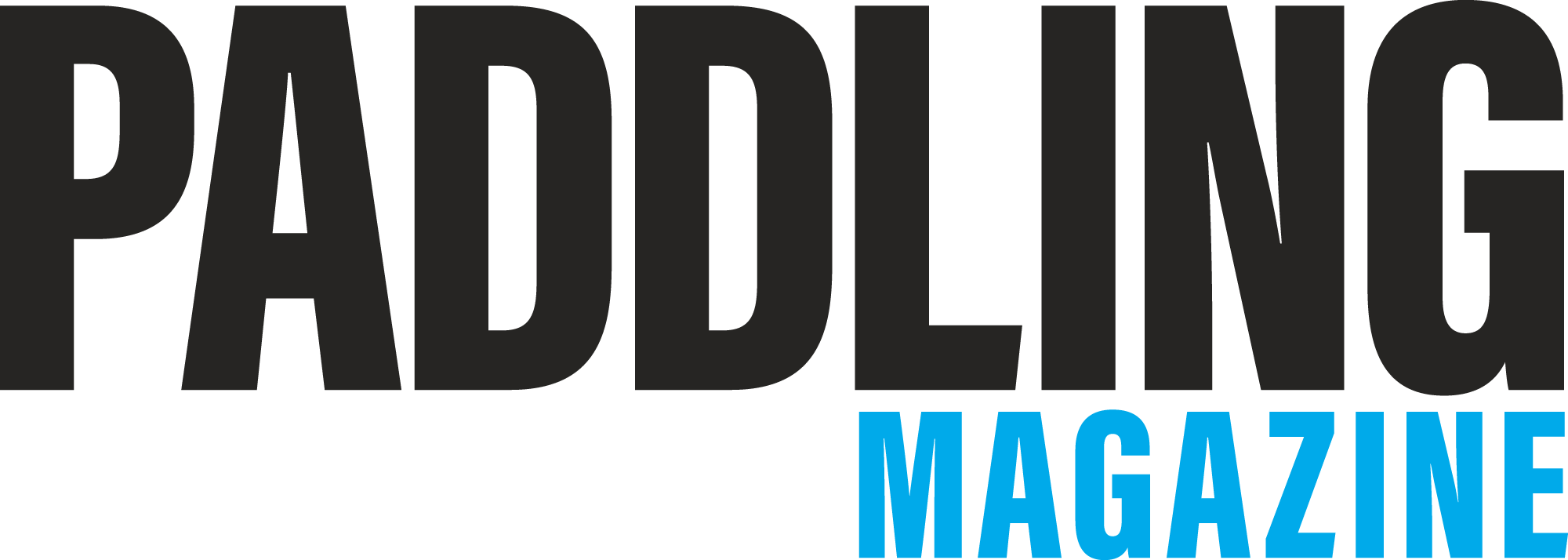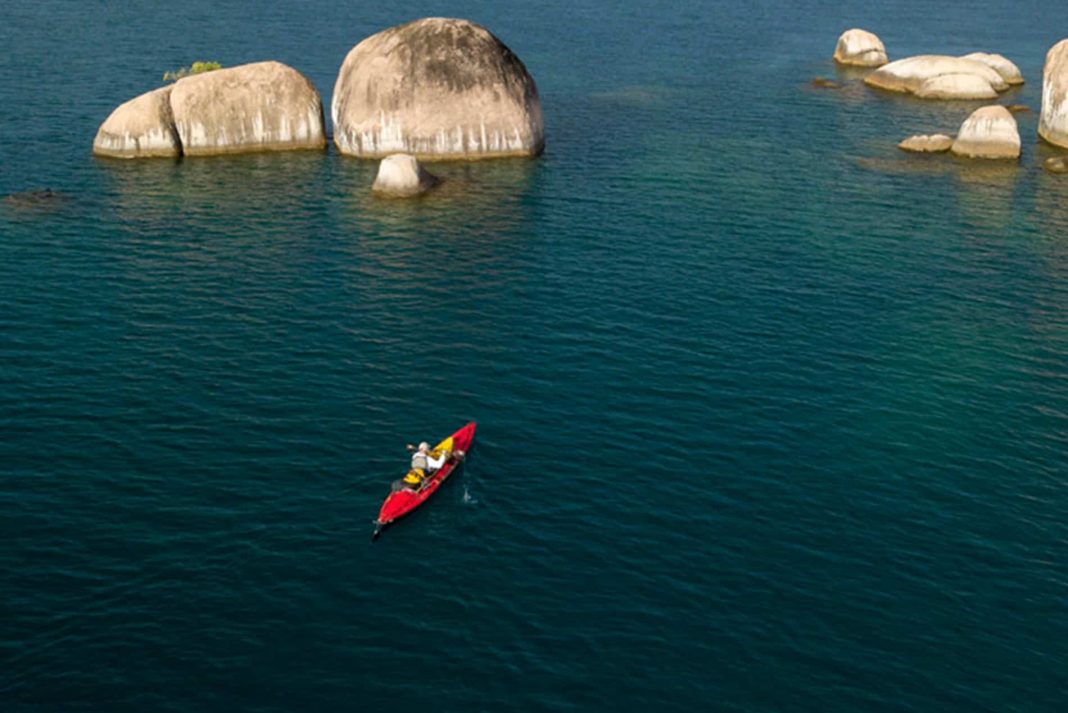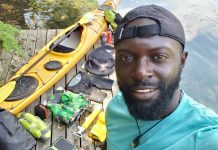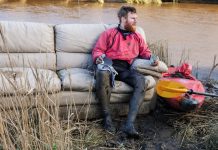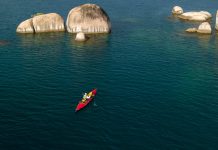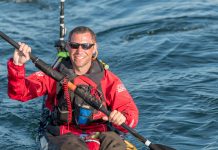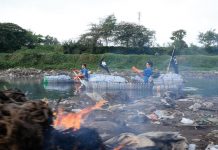At 32, Ross Exler is a true explorer. He’s ridden a dirt bike 12, 500 miles around east and southern Africa, paddled a packraft 600 miles in Ecuador and putt-putted a motorized canoe into the heart of the Amazon. His most recent expedition was a 1,560-mile trip through the African Great Lakes system by kayak and bicycle.
Why Did Ross Exler Kayak Africa’s Great Lakes?
The expedition was aimed at understanding the balance between humans and the environment and shining a light on the environmental threats facing this beautiful but imperiled region.
Why Africa’s Great Lake region?
I first became aware of the African Great Lakes while studying biology at the University of Colorado. I worked in a lab examining fish from Lake Tanganyika and learned these lakes are remarkably important for biodiversity.
By some estimates, Lake Malawi holds the largest number of fish species of any lake in the world. The shores of Lake Tanganyika also include the Mahale Mountains and Gombe Stream, both known for their populations of chimpanzees. This region is globally significant for biodiversity, with 25 percent of the world’s unfrozen freshwater.
What fueled your kayak expedition?
I’ve always been drawn to wild places. On a map, it looked like a natural objective to link these lakes. I thought it would be a wild experience to really be immersed in this region. Unfortunately, the lakes are under threat due to overfishing, invasive species, impacts from climate change, pollution from deforestation and other human activities.
I care a great deal about conservation and I really wanted to use this trip for more than my own personal ambition. I teamed up with the Nature Conservancy to bring attention to the value of the lakes and the threats to their survival.
Where did your journey begin?
My crossing started on southern Lake Malawi. I paddled to the north end of the lake, bicycled to Lake Tanganyika, then paddled up to near the border of Burundi, bicycled to Lake Victoria, paddled north into Uganda and finished in Entebbe. Along the way, I experienced different stages of lake degradation. It was obvious without intervention and working with local people and the government to protect these lakes, there will be an ecological disaster unfolding in the coming years.
The Nature Conservancy’s efforts introduce fisheries education and management, healthcare and women’s health services and education, agricultural training, and other efforts to increase the quality of life and to better understand how human activities impact the resources the local people depend on for survival. Without buy-in from local communities, the effort to conserve this incredible region will likely be unsuccessful.
Where did you stow the bike while paddling?
The bike came on the boat. The kayak was custom made by Long Haul Folding Kayaks in Colorado. They built me a tandem kayak and I stowed my bike in the second berth while paddling. It’s a pretty sweet design. I used a Montague folding bicycle with a Burley folding trailer to haul the kayak while I was riding.
When were you scared?
Early on in the trip, I heard water moving behind me, and it sounded abnormal. I turned and there was a crocodile looking right at me about 12 feet from my boat. He was big. His head was almost five feet long. As soon as I locked eyes with his reptilian glare, he went under.
The water was turbid, so I had no idea where he was. I didn’t know if he was going to pop up and pull me out of the boat. I turned and paddled as hard as I could. I set my own personal speed record of 8.17 miles per hour. With my load and the inflatable kayak, that’s like lifting a car off a friend. Pure adrenaline.
Find all the latest boats and gear in the Paddling Buyers Guide.
The great lakes of Africa—Lakes Victoria, Malawi and Tanganyika—are located in East Africa in the vicinity of the Great Rift Valleys. The lakes hold 27 percent of the world’s freshwater. Feature Photo: Ross Exler

